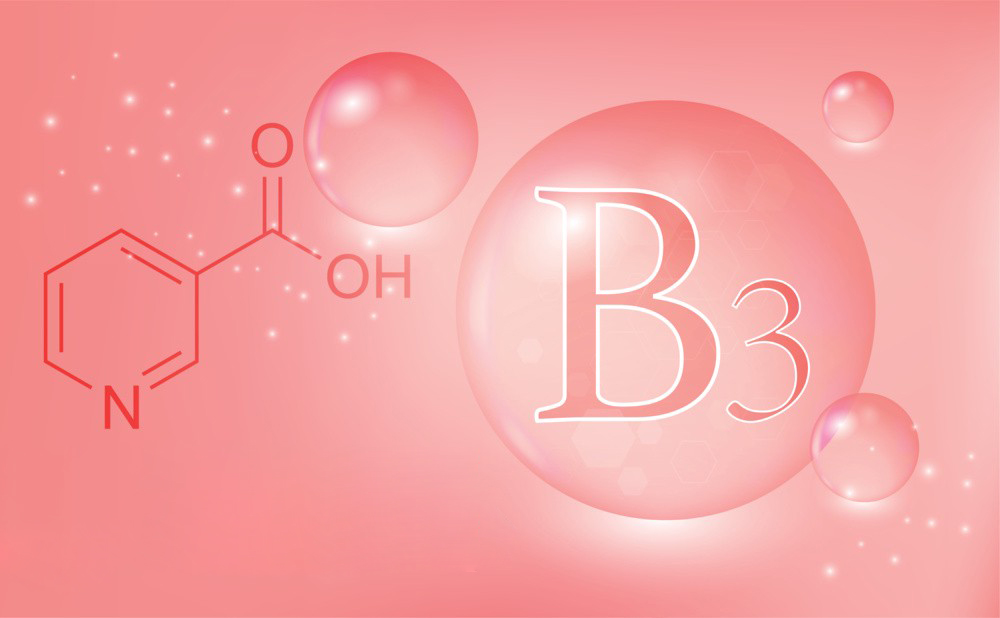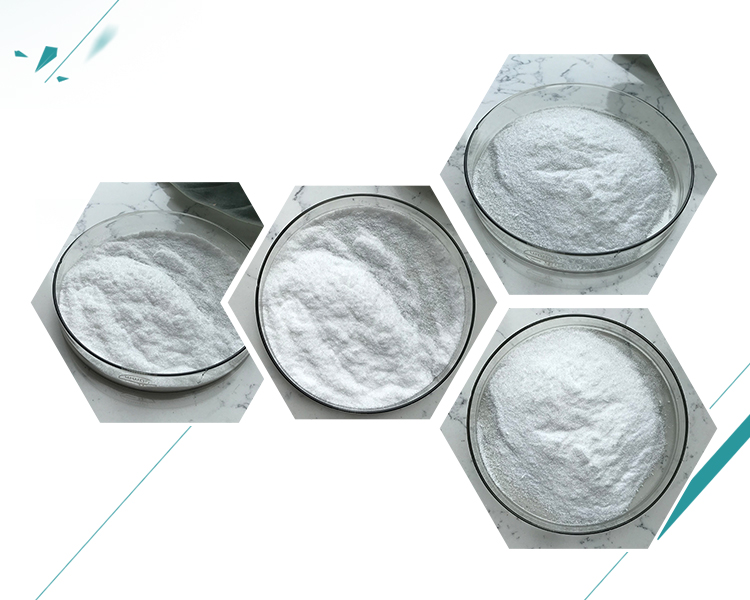Niacin, also known as vitamin B3 or nicotinic acid, has several benefits and drawbacks associated with its use:
Pros of Niacin:
- Lowers cholesterol: Niacin can help raise HDL (good cholesterol) levels and lower LDL (bad cholesterol) levels, which can reduce the risk of cardiovascular disease.
- Improves heart health: By lowering cholesterol levels and reducing triglycerides, niacin supports overall heart health and may reduce the risk of heart attacks.
- Treatment of pellagra: Niacin deficiency can lead to pellagra, a condition characterized by dermatitis, diarrhea, and dementia. Supplementing niacin can effectively treat and prevent pellagra.

- May help with diabetes: Niacin has been shown to improve blood sugar control, insulin sensitivity, and reduce inflammation in people with type 2 diabetes.
- Supports brain function: Niacin plays a role in brain health and cognitive function, and some studies suggest it may help protect against Alzheimer’s disease.
Cons of Niacin:
- Flushing: One of the most common side effects of niacin is flushing, which causes redness, itching, and warmth of the skin. This can be uncomfortable and may discourage some people from taking niacin.
- Liver toxicity: High doses of niacin can potentially cause liver damage or worsen existing liver conditions. Monitoring liver function is important when taking niacin supplements.
- Gastrointestinal issues: Niacin can cause stomach upset, nausea, vomiting, and diarrhea, especially at higher doses or if not taken with food.
- Interactions with medications: Niacin can interact with certain medications, including blood thinners and diabetes medications, potentially altering their effectiveness or increasing the risk of side effects.

- Not suitable for everyone: Individuals with certain medical conditions such as liver disease, gout, or peptic ulcer disease may need to avoid or use niacin supplements with caution.
- Potential for niacinamide: Niacinamide, a form of niacin, does not cause flushing but may not have the same cholesterol-lowering effects as nicotinic acid. Choosing the correct form is crucial depending on desired outcomes.
When considering niacin supplementation, it’s essential to weigh these pros and cons, consider individual health factors, and consult with a healthcare provider to determine the appropriate dosage and form for your specific needs.
